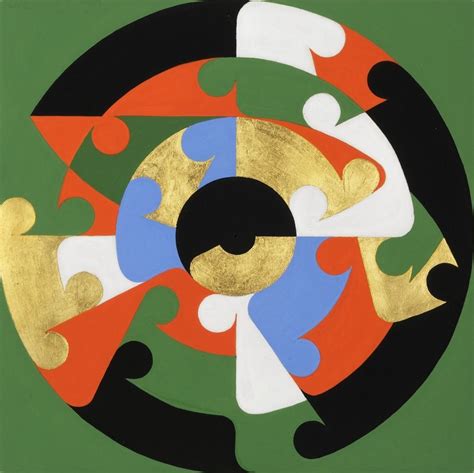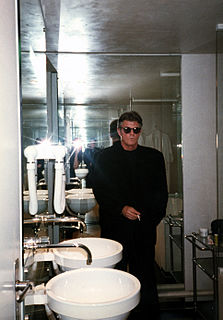A Quote by Steven Knight
Any attempt to recreate a world of 1814, or 100 years before that - I think it's important to understand that the people of the time had a different concept of what reality was. Their reality was much more haunted.
Related Quotes
The reality of today, different as it is from the reality of my society one hundred years ago, is and can be important if we have the energy and the inclination to challenge it, to go out and engage with its peculiarities, with the things that we do not understand. The real danger is the tendency to retreat into the obvious, the tendency to be frightened by the richness of the world and to clutch what we always have understood.
I don't know that it makes any difference whether it's at this time or a hundred years before or a hundred years later. I think always it's a matter of simply listen[ing] to what is going on around you and in your own experience. Try to understand what's happening, or if not to understand it, at least to appreciate the reality of it.
Traditionally, photography has dealt with recording the world as it is found. Before photography appeared the fine artists of the time, the painters and sculptors, concerned themselves with rendering reality with as much likeness as their skill enabled. Photography, however, made artistic reality much more available, more quickly and on a much broader scale.
I think that the idea of boundaries is being challenged everywhere. And I think our fascination with sci-fi is that it is a boundary-less world where we can kind of create the reality that we believe to be as opposed to the reality that is. It is about the beyond and the unknown in a different way than pretty much any type of storytelling is.
We're all looking from the point of view of our own reality tunnels. And when we begin to realize that we're all looking from the point of view of our own reality tunnels, we find that it is much easier to understand where other people are coming from. All the ones who don't have the same reality tunnel as us do not seem ignorant, or deliberately perverse, or lying, or hypnotized by some mad ideology, they just have a different reality tunnel. And every reality tunnel might tell us something interesting about our world, if we're willing to listen.
Bands who are in their early 20s today, they are living in their own time and they have a series of parameters they have to work around. Ten years ago, our reality was spending a lot more time in obscurity before anyone really knew who we were. I don't feel like I have any real advice to give anybody who is starting a band today. As Mike Watt said, "You know, not everyone has the ability to be born at the same time." We wanted to be like R.E.M., but the reality is that 15 years after R.E.M. was putting out those records, the playing field had changed drastically as well.
Digital technology, you see, is not the villain here. It simply offers another dimension. I'm not sure if it's a farther remove from reality than analogue. I think if we can speak of reality, if reality and representation can be spoken of in the same sentence, if reality even exists any more, digital is simply another way of encoding that reality.
The concept of individual rights is so prodigious a feat of political thinking that few men grasp it fully - and two hundred years have not been enough for other countries to understand it. But this is the concept to which we owe our lives - the concept which made it possible for us to bring into reality everything of value that any of us did or will achieve or experience.
For me, life without literature is inconceivable. I think that Don Quixote in a physical sense never existed, but Don Quixote exists more than anybody who existed in 1605. Much more. There's nobody who can compete with Don Quixote or with Hamlet. So in the end we have the reality of the book as the reality of the world and the reality of history.
Reality became for me a problem after my experience with LSD. Before, I had believed there was only one reality, the reality of everyday life. Just one true reality and the rest was imagination and was not real. But under the influence of LSD, I entered into realities which were as real and even more real than the one of everyday. And I thought about the nature of reality and I got some deeper insights.






































